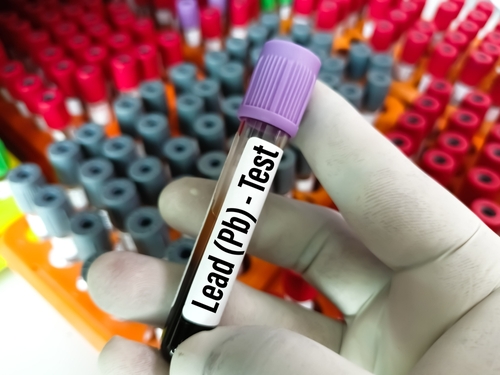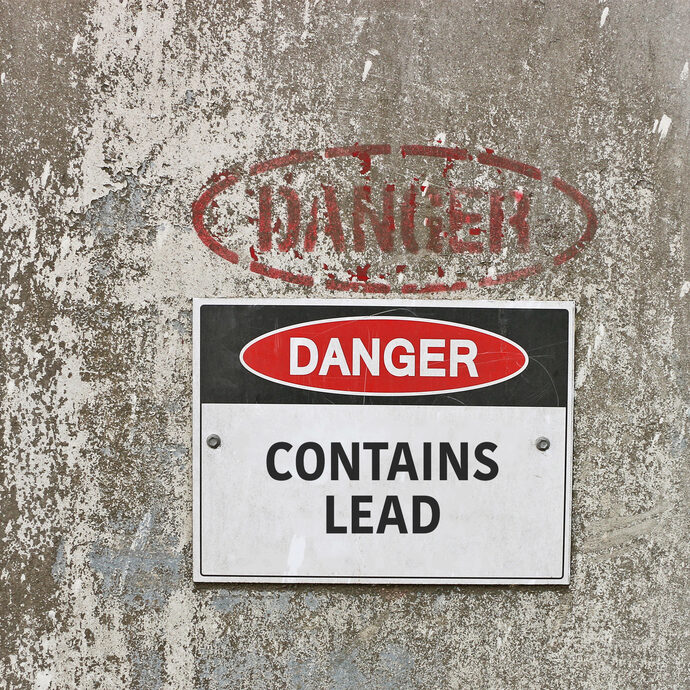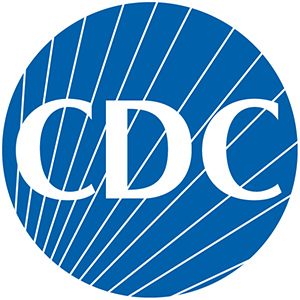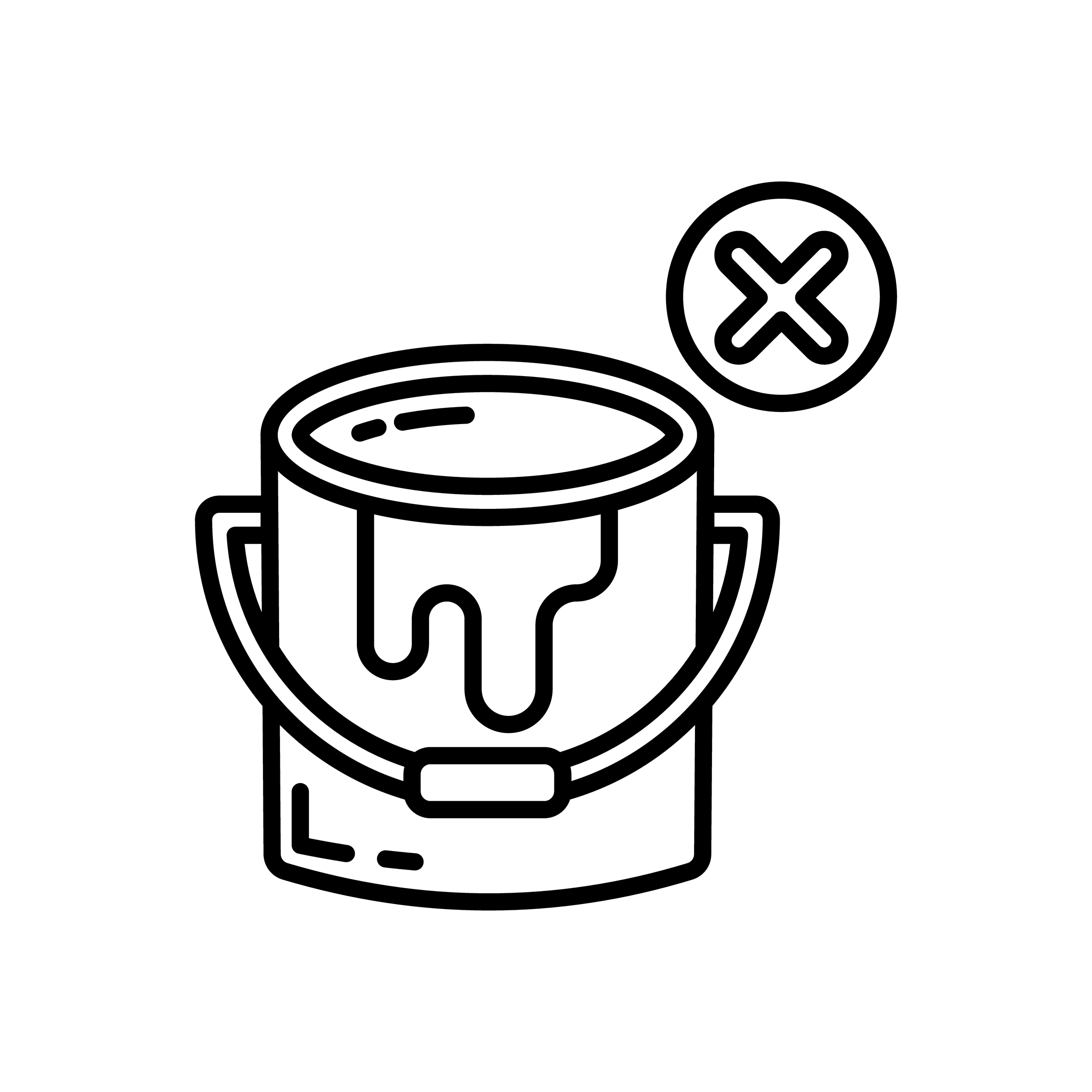Welcome

What is Lead Poisoning?
Lead poisoning is the No. 1 environmental threat to the health of America’s children. People of all ages can be affected by lead poisoning, but young children, those 6 years of age and under, as well as pregnant women, are particularly vulnerable, as lead negatively impacts brain development. Lead causes a number of serious health problems, the most devastating of which is irreversible brain damage.
Other Health Issues Include:
• Diminished hearing
• Kidney damage
• High blood pressure
• Digestive disorders
• Learning disabilities
• Behavioral problems
More often than not, children can be lead poisoned and show no outward signs of illness.That is why it is so important to know the facts about lead poisoning.

How Are Children Affected?
Children can encounter lead in many different ways, but the most common source is lead-based paint. Lead was routinely added to paint until the 1970s, when a growing awareness of its toxic nature resulted in a ban on lead-based house paint in 1978. As a result, any home built prior to 1978 may contain lead-based paint. As paint ages, it can chip, peel and break down into a fine, powdery dust that you cannot see. This dust can be entered through ingestion (swallowing) and inhalation (breathing in). Once it enters the body, it is stored in the bones.

Prevention Tips
• Keep painted surfaces in good repair, paying particular attention to doors and windowsills.
• Clean floors, windowsills and other hard surfaces with soap and water weekly or more frequently.
• Wash your children’s hands, bottles, cups and pacifiers often — and always before eating and drinking. Wash their toys regularly, as well.
• Avoid leaded crystal, older dishes and imported ceramics.
• Serve healthy meals and snacks. Foods rich in calcium, iron and Vitamin C help reduce lead absorption.
• Encourage outside play in grassy areas, avoiding bare soil around the home’s foundation.
• Consult a professional before considering any renovations in a home that contains lead-based paint.

Childhood Lead Screening and Testing
Who Should Be Screened?
– Children, aged 12 and 24 months*
– Children, aged 36-72 months without a documented blood lead level*
– Children whose parent/guardian requests a blood lead level
– Children whose parent/guardian responds “Yes” or “Don’t know” to any question on the Risk Assessment Questionnaire or whose lead risk status has changed
*Required for all TennCare recipients.
Screening Guidelines
– Blood lead screening is performed as a capillary finger stick
– Any screening revealing a blood lead level at or exceeding 3.5 µg/dL requires a venous confirmatory blood test.

Why Chattanooga?
You may know that lead poisoning is a particularly crucial issue in Chattanooga, especially in the city’s southern quadrant. The Environmental Protection Agency (EPA) has classified Southside Chattanooga as a Superfund site, enabling them to test properties’ soil for lead and other toxic content and perform cleanup, when necessary.
Lead and other contaminants are the leftovers of Chattanooga’s industrial past, waste products from sand foundries and other bygone industries.
You need not be a Chattanoogan, however, to be concerned about lead. Across the United States, and in all 95 of Tennessee’s counties, lead continues to be a problem. In fact, lead is the number No. 1 environmental threat to the health of America’s children. For decades upon decades, paint, gasoline, and other products in daily use were fortified by lead. As those products aged, their lead content became airborne, landing on surfaces as nearly invisible dust. When people, particularly children, unknowingly inhale that dust, they may become lead poisoned.
We urge Chattanoogans and all Tennesseans to make use of the Lead Education Station to learn about the sources of, and health problems associated with, lead and to focus on lead poisoning prevention.
Lead Education Station
Chattanooga Public Library–Downtown Branch
Take advantage of the dedicated device at the physical location of the Lead Education Station: the Chattanooga Public Library, Downtown Branch, located at 1001 Broad Street, Chattanooga, TN 37402. Enormous thanks to the library for their partnership and support.
LEAD SCREENING BURDEN
COUNTY PROFILES
RESOURCES


















